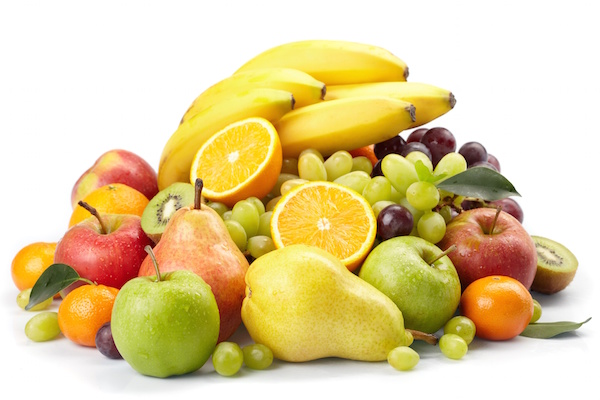
TUESDAY, March 9 (HealthDay News) — When the cost of junk food increases, people consume less of it, a new study has found.
U.S. researchers monitored the dietary habits and health of 5,115 young adults, aged 18 to 30, beginning in 1985 to 1986 and continuing through 2005 to 2006. During those 20 years, a 10 percent increase in price was associated with a 7 percent decrease in the amount of calories consumed from soda and a 12 percent decrease in the amount of calories consumed from pizza.
In addition, a lower overall daily calorie intake, lower body weight and an improved insulin resistance score was noted when the cost of soda or pizza was $1 more, and when the cost of both soda and pizza was an extra dollar each, even greater improvements in these measures of health were noted in participants.
The researchers calculated that an 18 percent tax on unhealthy foods would reduce consumption by about 56 calories per person per day, which would lead to a weight loss of about five pounds per person per year, lowering the risk of obesity-related diseases.
“In conclusion, our findings suggest that national, state or local policies to alter the price of less healthful foods and beverages may be one possible mechanism for steering U.S. adults toward a more healthful diet,” Kiyah J. Duffey, of the University of North Carolina at Chapel Hill, said in a news release.
“While such policies will not solve the obesity epidemic in its entirety and may face considerable opposition from food manufacturers and sellers, they could prove an important strategy to address overconsumption, help reduce energy intake and potentially aid in weight loss and reduced rates of diabetes among U.S. adults,” they concluded.
The findings are published in the March 8 issue of the Archives of Internal Medicine.
More information
The American Academy of Family Physicians offers nutrition tips.

